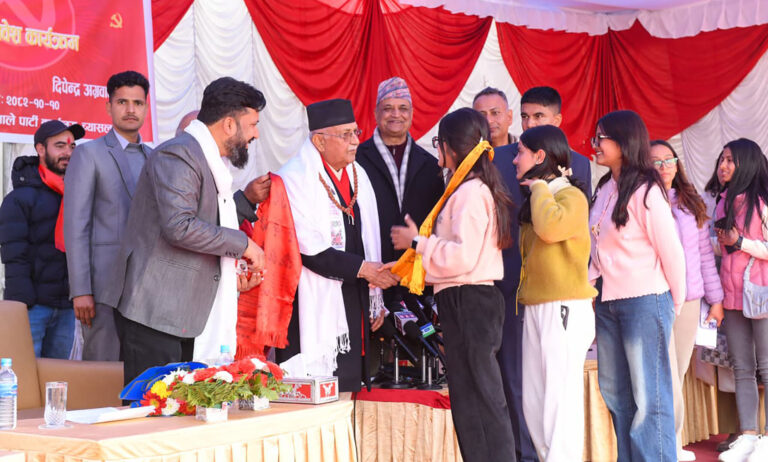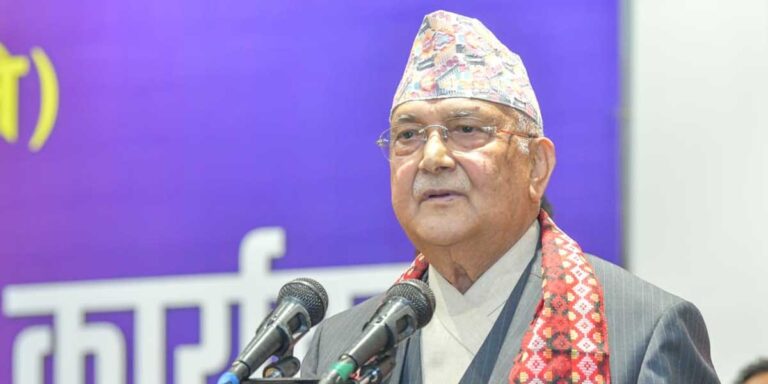
Washington, Aug 28 — The Trump administration has announced new restrictions on how long foreign students and journalists may stay in the United States, drawing sharp criticism from universities and education advocates.
Under the proposed changes, foreign students would be limited to a maximum stay of four years on a student visa. Foreign journalists would be restricted to 240 days, with the option to apply for a one-time 240-day extension. However, Chinese journalists would be granted only 90-day visas.
Until now, the U.S. has generally issued visas valid for the length of a student’s academic program or a journalist’s professional assignment, though non-immigrant visas have never exceeded 10 years. The Department of Homeland Security argued that previous administrations allowed indefinite extensions, creating security risks, wasting taxpayer dollars, and inconveniencing U.S. citizens.
Despite these claims, the Commerce Department’s data shows that international students contributed more than $50 billion to the U.S. economy in 2023, with over 1.1 million enrolled—more than in any other country. These students typically pay full tuition, providing a vital revenue stream for U.S. colleges and universities.
University leaders condemned the move as an unnecessary bureaucratic obstacle that interferes with academic planning, warning that it could deter talented students worldwide, undermine research, and weaken job creation. “This proposal sends the wrong message to global talent—that their contributions are not valued in the United States,” said Miriam Feldblum, President and CEO of the Presidents’ Alliance on Higher Education and Immigration.
The announcement comes as many universities report declining international enrollment, partly due to earlier immigration measures. At the same time, Trump has praised his “warm relationship” with Chinese President Xi Jinping and expressed a desire to double the number of Chinese students to 600,000.
Since Trump took office, the State Department has revoked the visas of more than 6,000 students, while also suspending billions of dollars in federal research funding to universities. The administration has also imposed steep tax hikes on private university endowments, drawing further criticism.
This proposal, now published in the Federal Register, is open for public comment before potential implementation.




